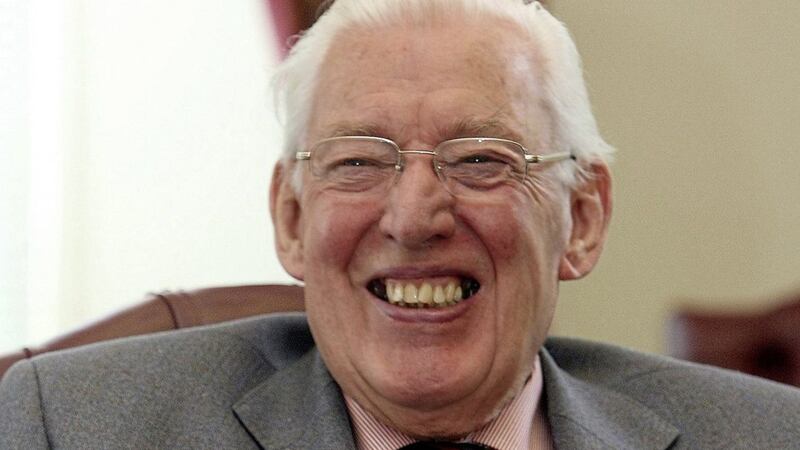Apart from day-to-day questions and controversies in the politics of this island there are other, underlying issues that need to be addressed.
One of the consequences of partition has been a widening of the gap in communications and understanding between north and south.
For once, we’re not talking about a life-and-death matter and it can even be discussed in a fairly light-hearted fashion. For three-and-a-half years at the turn of the century, I was based full-time in Belfast and this provided an opportunity to become more closely acquainted with the culture of the place as well as other parts of the north.
There are ways of saying things that simply wouldn’t register with a lot of folk down south – apart from the border regions perhaps. If a southerner was complaining and whinging to an excessive degree and you told him/her to “stop gurning”, that would be greeted with a look of blank incomprehension.
Perhaps I should set up as a consultant on north-south communications, although there are some words I still have difficulty with myself. One of them is “thran” which seems to mean “grumpy, stubborn, dour, awkward and unmanageable”. But I really feel you need a Norniron DNA to know when to use the word in its proper context.
There’s another one that is regularly used but would mean nothing to most people down south. That word is “scundered”, which appears to be an extreme form of embarrassment. If you are in Dublin, for example, it would be better to use the word “mortified” or, in local slang, “morto”, e.g., “I was morto when my turn came to buy a round of drinks and I couldn’t find my wallet.”
Speaking of alcohol, shortly after my arrival in Belfast, a colleague of local origin described how a mutual acquaintance was “full” the previous night.” I thought this referred to the consumption of a hearty meal but it really meant “drunk”.
Another expression, which I hadn’t heard before, applied to the practice of teasing people. A Belfast friend described this as “taking the hand” out of someone. Where I come from, we would say “taking the mick” or, somewhat less politely, “taking the pee”.
In my opening paragraph I referred to “issues that need to be addressed” but many people in the north would shorten this to “issues that need addressed”. In the sunny south, if we left out the words “to be” we would have to say there were “issues that need addressing”.
Another feature of northern-speak is the popularity of the word “whilst”. You hardly ever hear that in the Deep South. We say “while”, as in, “While I’m at it”. We would never say, “Whilst I’m at it”, because it would be regarded as far too quaint.
And while, or whilst, I’m at it, there was another northern turn of phrase that caught my attention. Where someone is playing down their age and claiming, for example, to be 39 on their next birthday, when their appearance suggests a much higher figure, we southerners say: “The only time s/he will see 39 in future is on the back of a bus.” In Belfast I heard a much more concise version: “The only time s/he will see 39 again is on a door.” But maybe that was just one person's turn of phrase.
Quite apart from the linguistic distinctions, there is a significant cultural disparity. Let me confess that I fell into this gap myself at an early stage. I may have a southern nationalist background and name in Irish, but my dealings with the Rev Ian Paisley MP were very satisfactory: he was courteous and cooperative in answering my questions. However, when I thoughtlessly rang him one Sunday morning about a weekend news development, he responded in those distinctively sibilant tones: “I do not give interviews to the press on the Sabbath.” This caused some amusement among colleagues who were natives of Belfast. For my own part and to borrow another Norniron term, I felt like a “buck eejit”.
Yet again I am reminded of the saying, variously attributed to Wilde, Shaw and Churchill, that Britain and the US are “separated by a common language” because the same observation could be made about the different parts of this island. I would welcome your observations on the subject at my Twitter account @DdeBreadun or email address: debre1@aol.com








